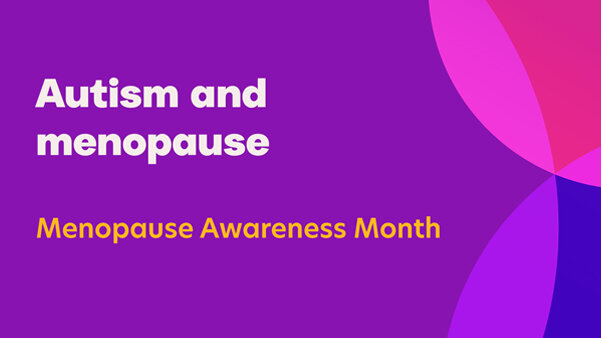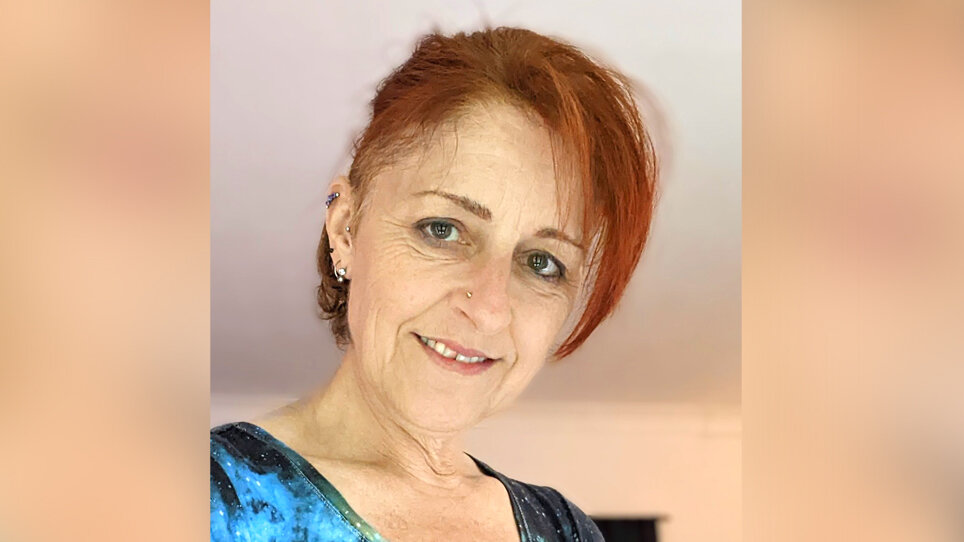New guide to increase awareness of autism and menopause
Published on 30 September 2024

It’s Menopause Awareness Month.
To help increase understanding of autism and menopause, we are launching a new downloadable guide offering advice and guidance for autistic people who are going through menopause or perimenopause.
The menopause - which is reached 12 months after a person’s periods have ended - can bring many challenges whether or not you are autistic. However, research suggests an autistic person’s traits may become more noticeable during this time; for example, intensified sensory sensitivities and difficulty with emotional regulation.
For World Menopause Day on 18 October, we have produced new advice and guidance on menopause and a downloadable Autism and menopause guide below.
- Our online menopause advice and guidance pages have been created following a thorough review of the best available and most up-to-date evidence from research, professional practice and lived experience from autistic people.
- The new downloadable Autism and menopause guide includes details of what to expect during the menopause, insight from an autistic person’s menopause journey, tips on what can make it easier, and the treatment options available for menopause and perimenopause.
Research suggests that it is beneficial to know if you are autistic before reaching menopause, as it can help with understanding how and why the experience may be different to non-autistic people. It also allows autistic people to have more compassion for themselves and come up with coping strategies that work for them.
Dr Sarah Lister Brook, Clinical Director at the National Autistic Society, said: "Being autistic doesn’t mean you bypass the experience of menopause. In fact, perimenopause and menopause symptoms such as anxiety, mood swings and sensory sensitivities may be intensified.
"Some autistic people have even reported that their menopause played a role in discovering that they are autistic, because their autistic differences and needs became more apparent during this time.
"We know there is a need for autism-specific resources and support for menopause, so we hope our guide, created for World Menopause Day, will help some of the 700,000-autistic people in the UK."

Carol was diagnosed as autistic in her late 50s.
"I didn’t realise what was happening when the menopause hit me. I was tired, aching all the time, and extra stressed. I realised I also had memory and attention problems when I started missing meetings at work and forgetting what people had told me."
Further information
- Read our advice and guidance on menopause
- Download the Autism and menopause guide
- Professional practice: Menstruation and menopause in autistic people
- Professional practice: Autistic older women: an interview with Cos Michael
- NHS website: Menopause
- NICE website: Menopause, diagnosis and management
